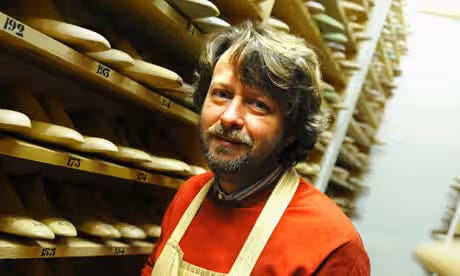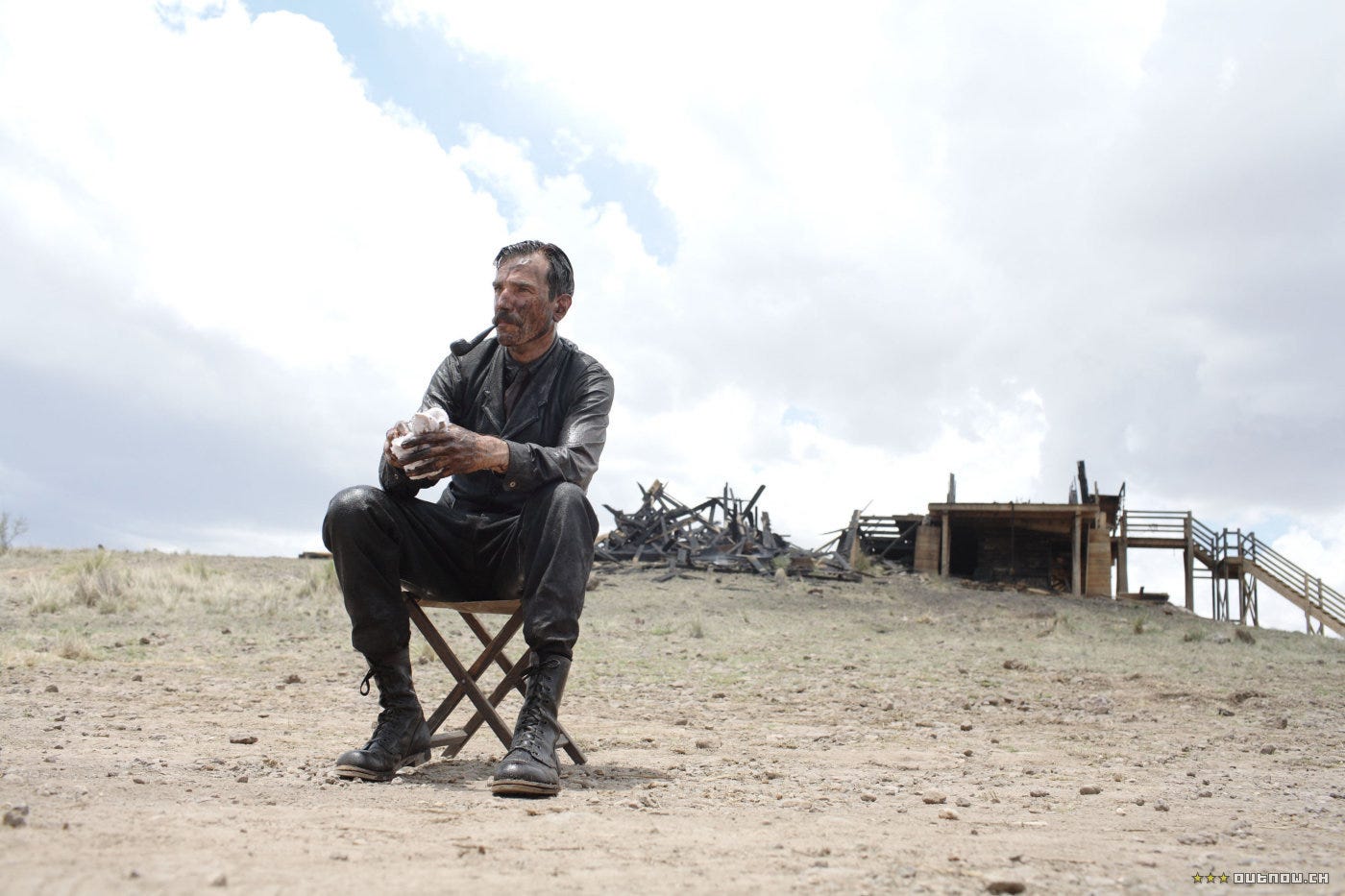Why the World's Best Actor Quit to Make Shoes
On the beauty and devotion of quiet work
We’re easily drawn to stories of intensity and devotion in work. We want to hear about people who sacrifice everything for their passion: people who suddenly quit their jobs, change careers, work twelve hours a day, and reshape their lives to accommodate the pursuit of greatness. In sports, business, science, and art, we’re drawn to this feeling of overwhelming dedication.
I’d like to talk about one story of a complete devotion and a different sort of sacrifice. It’s the story of Daniel Day-Lewis, maybe the best actor of his generation, and why he quit in the middle of his career to make shoes instead.
Day-Lewis was known for his intensity in his craft. He was a devout method actor, known for spending months trying to get into the mindset of his role and refusing to break character for even a moment during filming—even for months at a time, he’d try to live as exactly like his character. Famously, he quit acting on stage forever after his role in Hamlet: while playing the prince, he had a breakdown on stage when the ghost of the king appeared and had to be replaced before the performance was done. He later said he’d seen his own father’s face while looking at the ghost.
His hard work was rewarded: he won the Oscar for Best Actor in 1989 and was regarded as one of the best actors in the world throughout the 80s and 90s. He had his choice of just about any role he’d like and, while he wasn’t a huge mainstream star, still nearly guaranteed success for all of his films.
With all his intensity, devotion, and success, the next part of his story is hard to understand: in 1997, Day-Lewis retired from acting altogether to work with his hands. He spent some time as a woodworker and later moved to Italy to apprentice as a shoemaker. For years, he was entirely hidden from the public eye, working in quiet and humility. He was an absolute master in the world of acting, yet he decided to restart altogether as a student in a craft he hardly knew.
Day-Lewis has always been private about his personal life—perhaps it’s ironic that a man known for letting all his emotions run rampant on screen rarely wanted to speak about his real life. He’s never explained why he left, whether it was stress, dissatisfaction, or some strange means of learning about this lifestyle to better his acting. By most reports, it seems he had no real intention of returning to acting until the combined efforts of Martin Scorsese and Leonard DiCaprio convinced him to star in Gangs of New York.
It's compelling to ask just why he would make this choice. When you see someone who’s given absolutely everything in pursuit of one goal, how can you make any sense of his choice to leave it all behind for something so simple?

Perhaps it was just an admiration for this kind of work. Day-Lewis once spoke of his admiration of the working class from his young days: “I came from the educated middle class, but I identified with the working classes. Those were the people I looked up to. The lads whose fathers worked on the docks or in shipping yards or were shopkeepers. I knew that I wasn't part of that world, but I was intrigued by it.”
This labor was, in a sense, an invitation to something else. The world that he was in was away from the “normal” life (whatever “normal” means) that he’d witnessed from a distance. His upbringing kept him safe from the struggles and insecurity of that world, but it also kept him from understanding its richness. “When I became interested in theatre,” Day-Lewis said, “the work I admired was being done by working-class writers. It was often about the inarticulate. I later saw that same thing in De Niro's early work - it was the most sublime struggle of a man trying to express himself. There was such poetry in that for me.”
Perhaps it’s too easy for us to use education and knowledge as a means of dismissing the world in front of us. When you know just the right concept to apply to anything, you never have a chance to be truly overwhelmed by the world around you. It takes a moment where you don’t know the right thing to say that challenge our view of the world.
In a moment cleaning up a bit of scrap or reorganizing your tools, you may find your mind free to wander and reflect. Often, it’s these seemingly unpoetic moments of life that offer the greatest depth. The meaning of the moment isn’t something that you can take for granted: it’s something that you find and develop through close attention.
We might look at this as a story of contrast: here’s a man who went from an intense and all-consuming line of work to something quiet and predictable. But we could also look at it as a story of continuity: this is a man who devoted himself fully to trying to articulate something about the human experience that’s almost impossible to put in words—then, when that was done, he found a new devotion that let him continue that same work of articulating something. Perhaps it wasn’t so intense or so consuming, yet it was no less a pursuit of beauty and truth.
Day-Lewis would return to acting and win the Oscar for Best Actor twice more. His time away from acting hadn’t lessened his intensity one bit, of course—anyone who’s seen There Will Be Blood can attest that he was still capable of those fierce roles he’d built his reputation on. If he’d lost his passion for acting before retirement, it’s clear that he found it again in full.
But this sort of passion doesn’t require fame and prestige. It doesn’t take a grand acting career to find something beautiful within work. Within the quiet life of good, devoted work, we can dig into something that’s every bit as incredible as a massive film or stage production. The quiet intensity of passionate, careful work can bring this same beauty to anything.
Day-Lewis announced his second retirement in 2017; in turn, he’s announced his second unretirement in 2024, returning to star in his son’s directorial debut. This sort of devotion, it seems, can never die.


